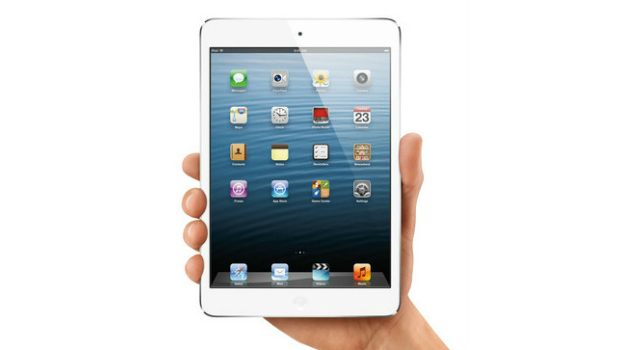China’s government, which earlier banned Windows 8 from agencies’ computers, has dropped Apple’s notebooks and tablets from an approved list of purchases, according to Bloomberg News.
Citing officials who had seen the newly-formulated list, which is a tightly guarded secret, Bloomberg reported that 10 Apple products – including the iPad Air, iPad Mini, MacBook Air and MacBook Pro – had been dropped from July’s procurement list. They had appeared on the list the month before.
Like similar lists in other countries where organisations like school districts and government agencies can purchase only from approved products, China’s national list does not apply to private enterprises and consumers, but only to government ministries, Communist Party departments and local government agencies.
Products from other US companies, including Dell and Hewlett-Packard, remained on the list, as did those from China’s Lenovo and South Korea’s Samsung.
If Bloomberg’s report is accurate, it would add to the pressure China has been putting on Western technology firms. In May, China barred Microsoft’s Windows 8 from government PCs, citing security reasons and referring to the retirement of Windows XP in April.
More recently, antitrust regulators kicked off an investigation of Microsoft, and anti-virus products from Symantec and Kaspersky have disappeared from approved software lists.
Apple has been the butt of criticism on other issues in China. Last month, China’s state-run television called the iPhone a threat to national security because of iOS 7’s background location tracking. Apple quickly denied those charges.
While Chinese media – including state-run newspapers and websites – have claimed that the NSA spying revelations of ex-contractor Edward Snowden sparked the product bans, many Western analysts believe that there is more to the story: China’s government is eager to push home-grown companies’ products and deemphasize the country’s reliance on foreign technology firms.
Market plans
Apple has pinned growth hopes on the China market. Last quarter, Apple’s Greater China region – which includes the People’s Republic, Hong Kong and Taiwan – accounted for 16% of all revenue, an increase of 28% over the same period the year before.
Apple executives, as they often do, highlighted gains Apple made in China during the June quarter’s earnings call with Wall Street. iPad sales in Greater China were up 51% year-over-year, while Mac sales were up 39%, Apple said.
With Apple’s sales strength in the consumer market, not the commercial, the impact of the procurement change may be minimal. Much the same could be said about Microsoft and the Windows 8 ban: Few large organisations have adopted the newer OS, preferring instead the more familiar Windows 7.
As the Financial Times pointed out , the Central Government Procurement Centre has not gotten the memo about the Apple ban: On Wednesday, the agency’s website was still offering Apple’s MacBook Air and MacBook Pro notebooks.
Computerworld








Subscribers 0
Fans 0
Followers 0
Followers